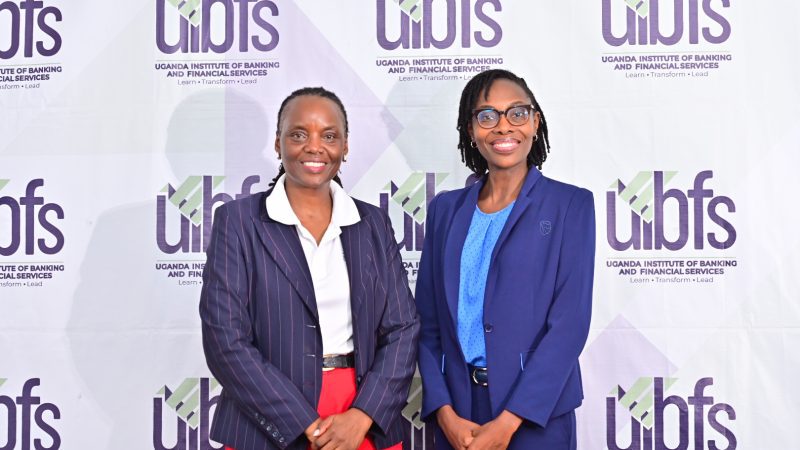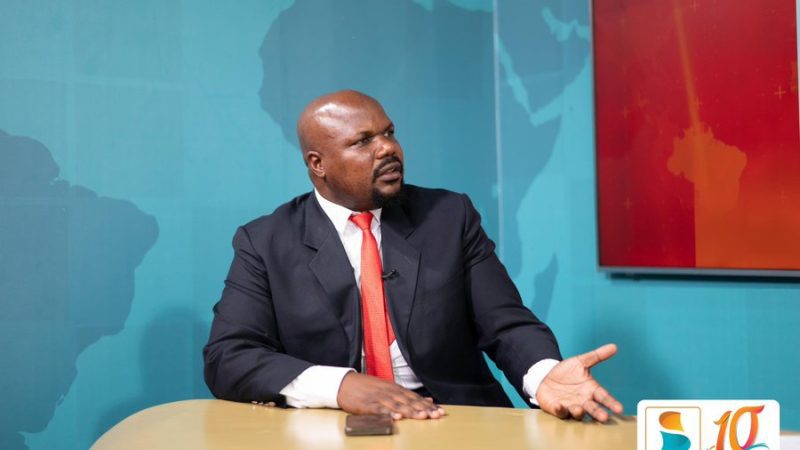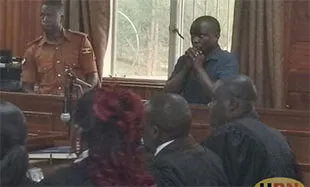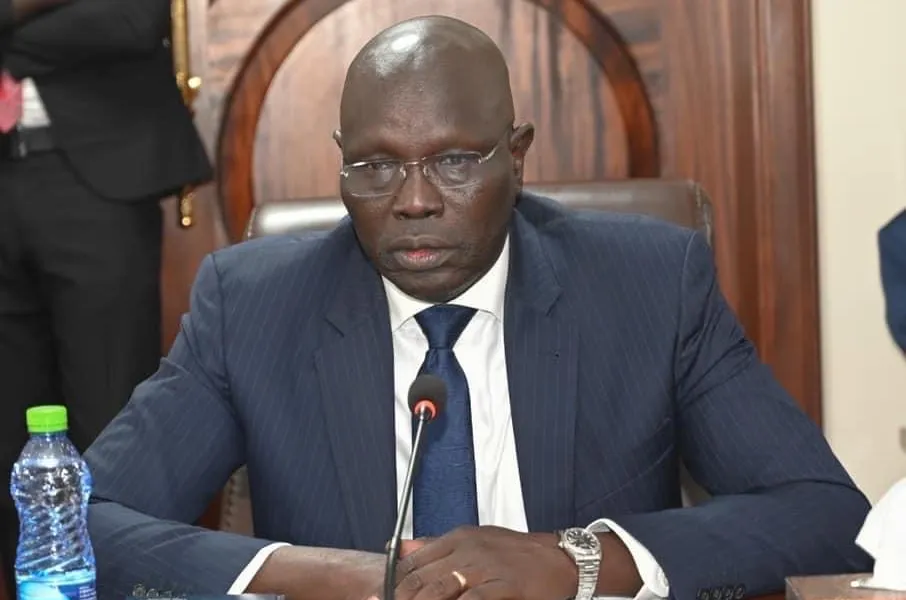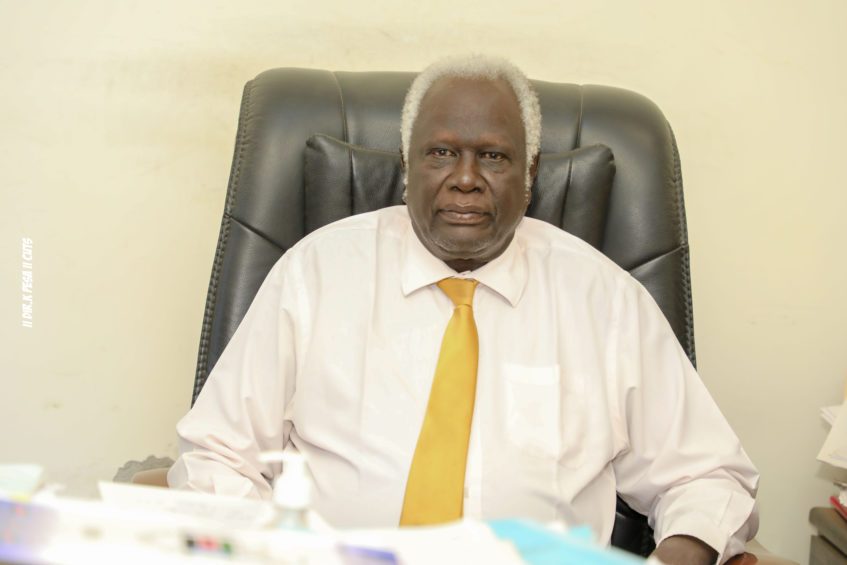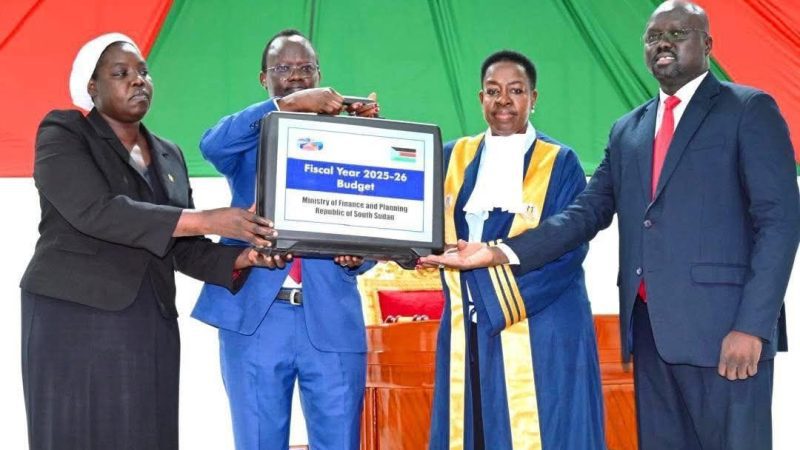South Sudan’s Finance Minister Dier Tong Ngor on Tuesday presented the proposed national budget for the fiscal year 2023/2024 before parliament.
The proposed national budget, totalling SSP 1,837,873,440,803, was primarily focused on addressing civil servants’ salaries and various government expenditures.
Minister Ngor outlined the revenue sources for the budget, stating that out of the total gross revenues of SSP 1,837,873,440,803 for the fiscal year 2023/2024, SSP 1,536,362,243,307 would be generated from oil revenues, while SSP 245,331,162,471 would come from non-oil revenue. An additional SSP 56,180,035,024 would be acquired in the form of grants.
Ngor revealed that this would result in a deficit of SSP 267,141,000,816 billion, equivalent to approximately 4.6% of the country’s Gross National Product.
The total proposed expenditure for the fiscal year 2023/2024 was projected to be SSP 2,105,014,441,619, with a budget of SSP 455,028,483,069 allocated for wages and salaries of civil servants and the army.
Additionally, SSP 222,732,558,595 would be allotted for the procurement of goods and services, while SSP 541,813,643,895 was earmarked for capital expenditure.
The budget also included allocations for specific purposes, such as SSP 50 billion for the implementation of the revitalized peace agreement and SSP 37,882,133,754 for contingency expenses. Constituency Development Funds would receive SSP 47,882,133,754, and states/administrative areas were allocated 151,162,997,083 SSP.
Furthermore, the budget addressed the clearance of salary arrears for the country’s foreign missions, with an allocation of SSP 32,550,000,000.
To bridge the fiscal gap, the finance ministry planned to seek funds from reliable lenders. Minister Ngor stated that the ministry would reintroduce Treasury Bills, short-term financial instruments with a maturity period of one year or less, to enhance the government’s revenue-raising capacity.
Jemma Nunu Kumba, Speaker of the Transitional National Legislative Assembly, assigned the annual budget to various committees of both houses for thorough scrutiny and instructed them to report back within 21 days.
Kumba emphasized the importance of expedited work to enable timely budget approval. During this period, all other legislative matters would be put on hold.
Reacting to the budget, Paul Baba Ezibon, who is an economist and also deputy chairperson of the parliamentary committee on trade and industry, criticized the proposed budget’s lack of inclusivity, saying it has failed to address youth and women’s issues.
Ezibon highlighted the absence of job creation plans in the national budget, such as the establishment of agricultural schemes, especially for the youth. He urged the government to support small and medium enterprises by providing loans and facilities to stimulate their activities.
Ezibon also raised concerns that the national budget primarily favoured government employees in terms of salary payments and clearance of outstanding bills. The lawmaker, however, assured the public that these observations would be addressed during the budget scrutiny process.
Notably, this year’s budget did not provide clear percentage allocations to individual ministries.


